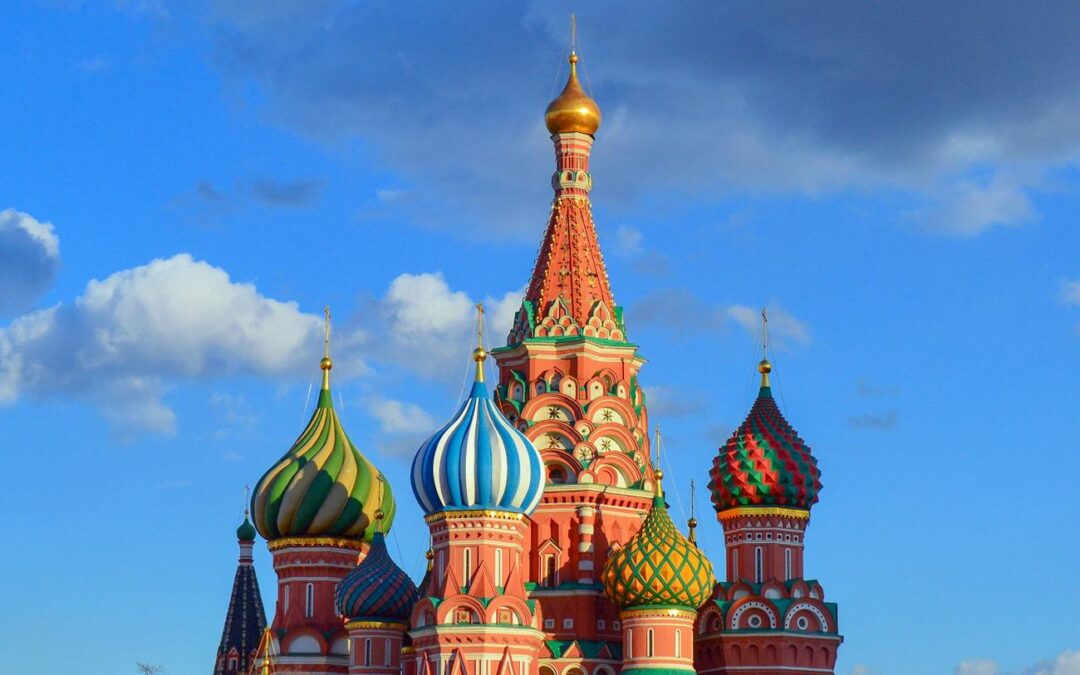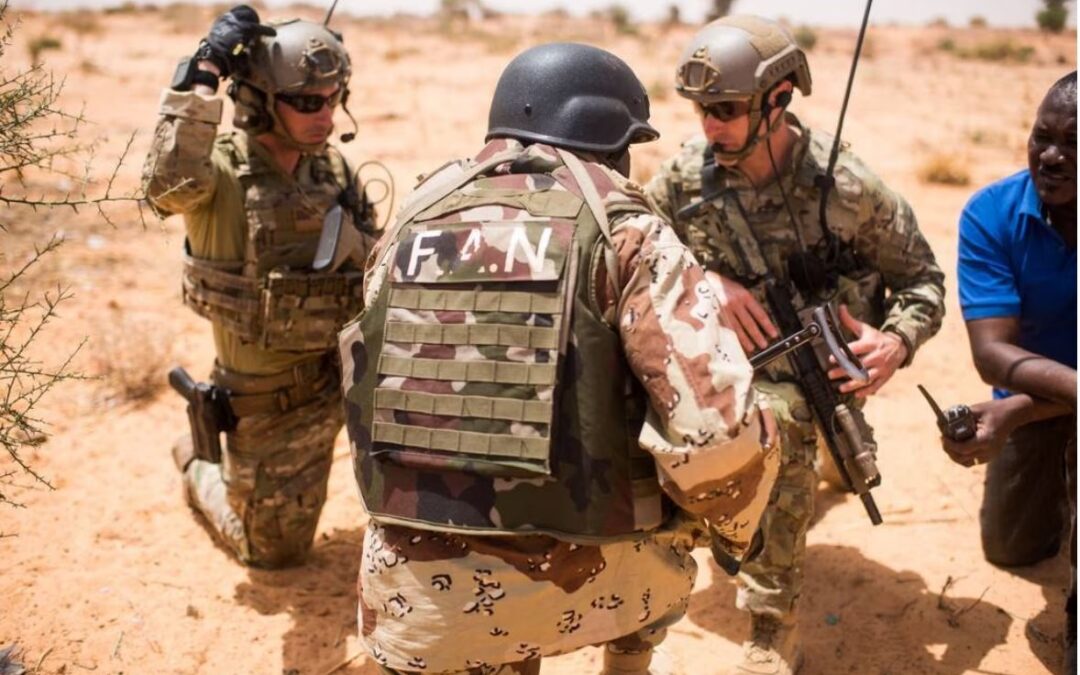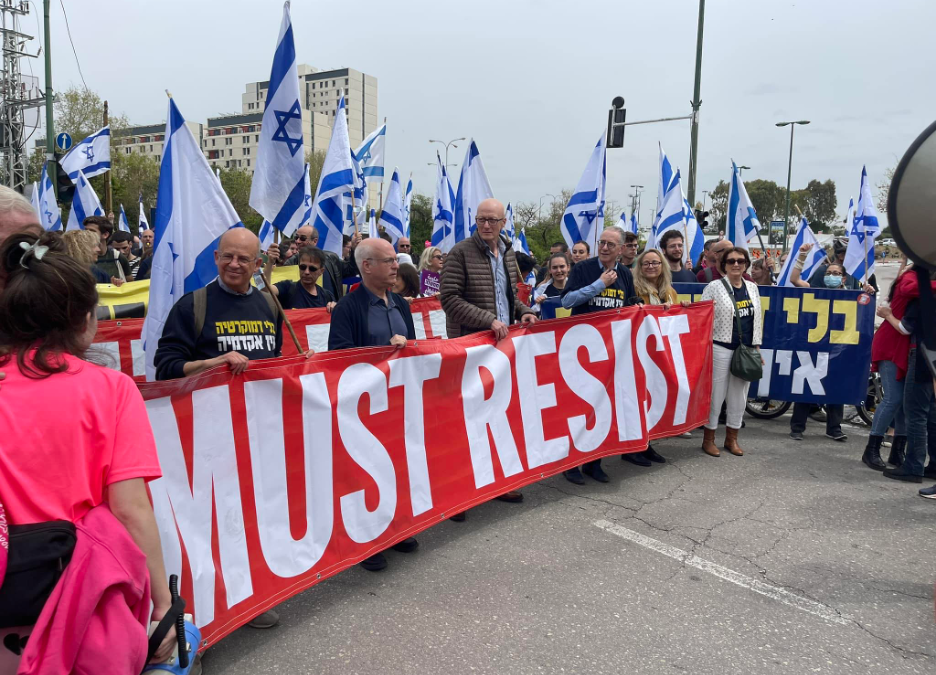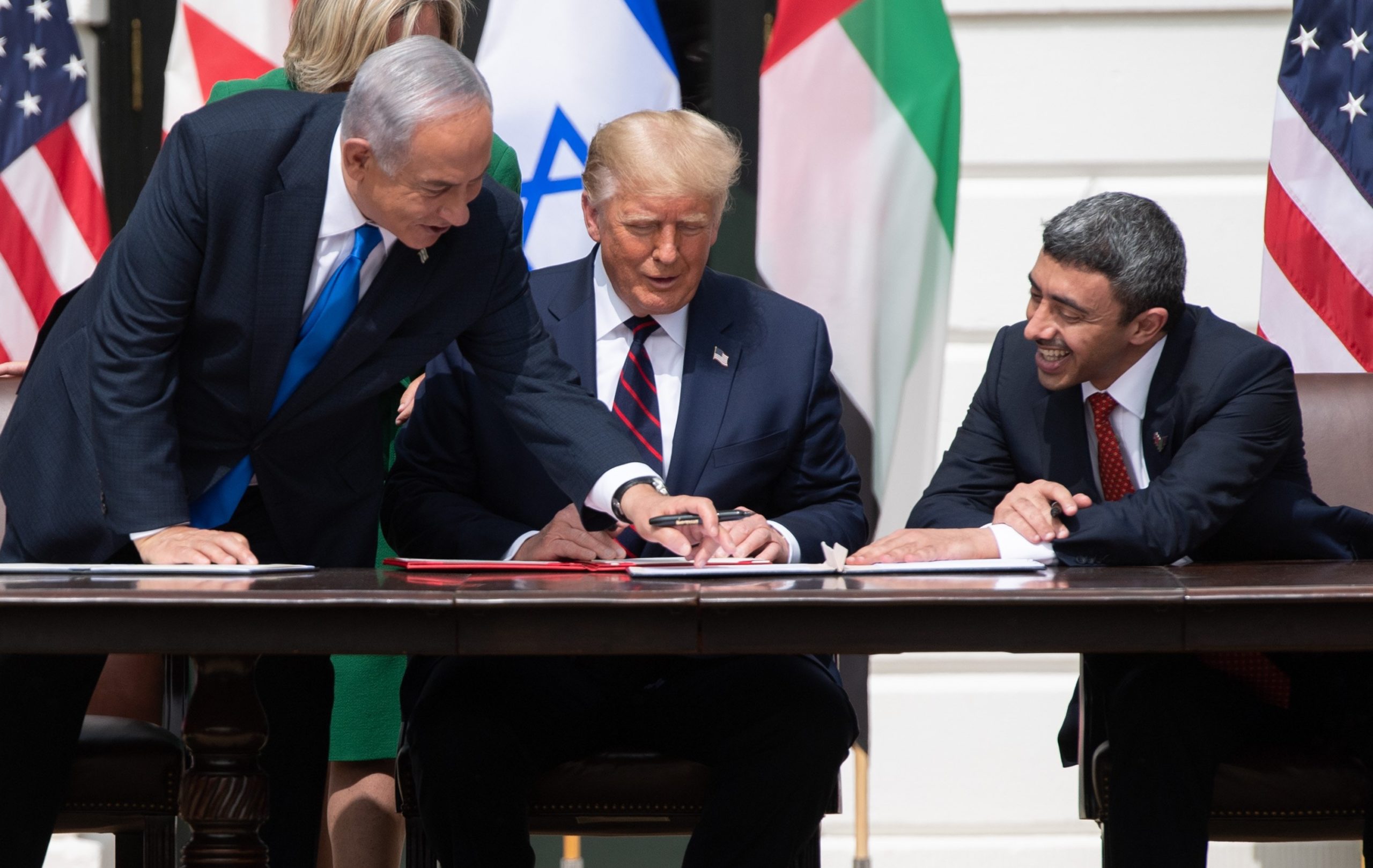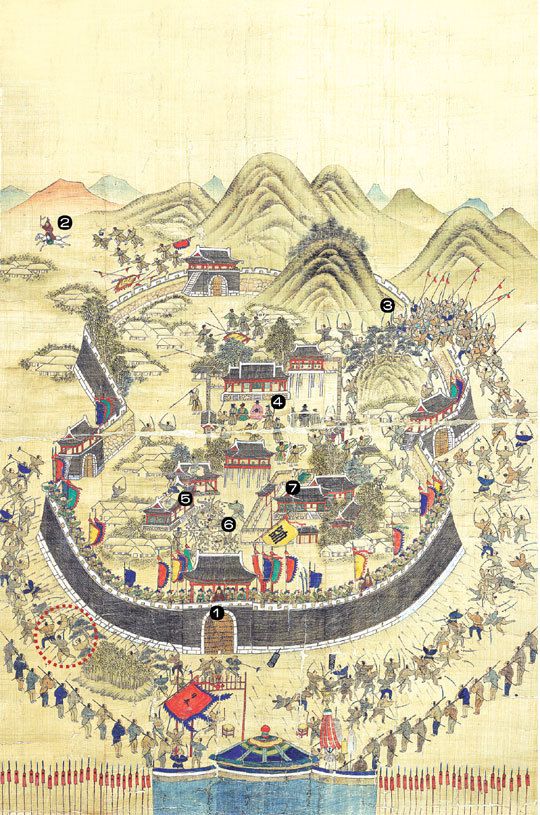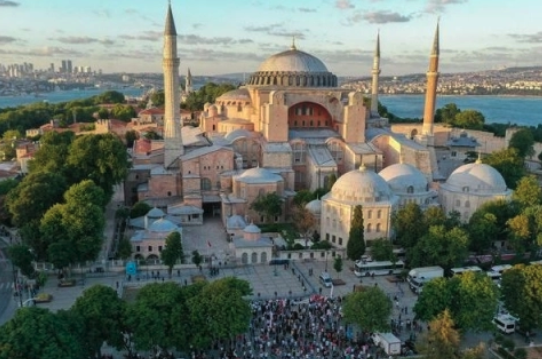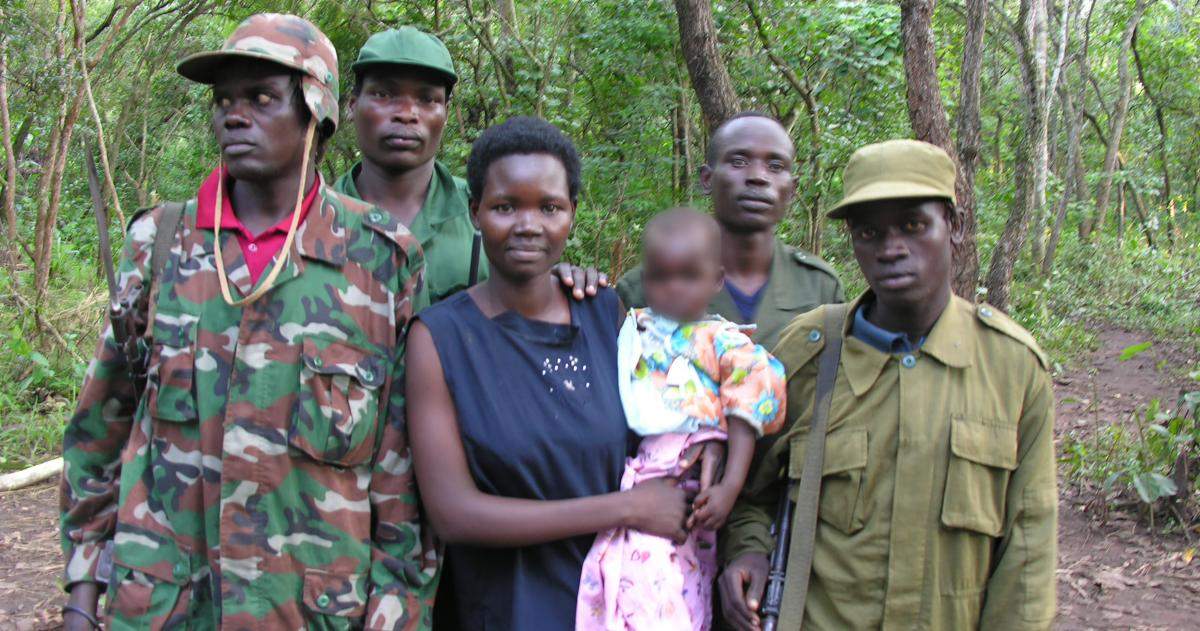I published an article yesterday in Real Clear Defense. The title is “The Road to Securing European Cooperation on China Runs Through Ukraine”, but I suppose I could have called this piece, “How to Screw Up on Multiple Fronts at the Same Time.” That might have been...
